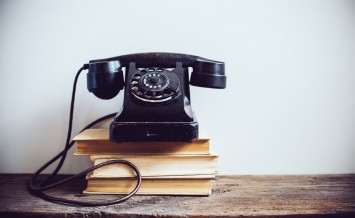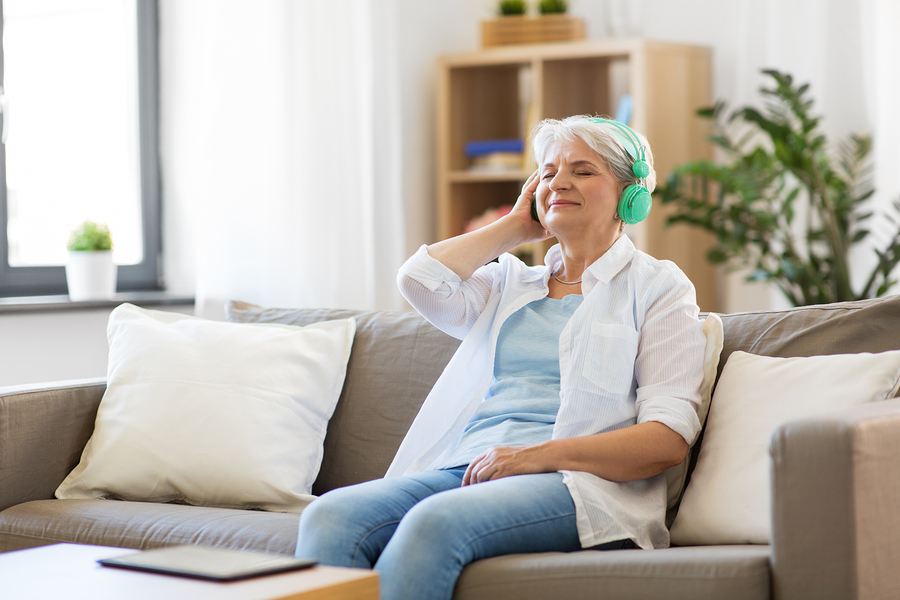Top tips on how to look after yourself during self-isolation
Most of us thrive on social contact, it’s what makes us human.
Self-isolation, therefore, goes against our genetic make-up and along with not knowing when we will be able to return to our normal routine only adds to our general anxiety and wellbeing.
Physiologist, Sarah Kemp, from AXA PPP healthcare shares her top tips on how to help keep our mental wellbeing in good shape and manage self-isolation as effectively as we can through these uncertain times.
Keep talking and get involved
It is so important to make sure we keep in touch with those around us and that is true now more than ever. Talking to others will help to protect and promote good mental health.
There are always positives to be taken from any situation so if you’re self-isolating with your family, use it to your advantage. Take this extra time to get to know your family more. We spend most of our lives rushing around so this is an amazing opportunity to have some quality time with the ones you love.
If you live on your own and you are self-isolating then it is vitally important to keep in touch with others, either by using technology such as Skype and video calling or by registering with online communities dedicated to keeping people connected.
Try scheduling a call with a different person each day to widen your social connections and if you find you are spending much of your day online then try to find a balance between online time and managing relationships with those most important to us.
Take a break
Taking a break from social media or switching off the news is equally important as connecting with others. So instead of checking in with the daily news reports try skipping a day and opt to have a movie night instead. Or if you must watch a daily news report then share your thoughts after with someone else on a video call.
Keep moving
The benefits of physical activity are well known but it may be hard to follow the Government guidelines of 150 minutes of moderate exercise per week at present. The focus should therefore be on reducing the amount of sitting time as much as possible and finding alternative ways to exercise.
Find ways to work exercise into your everyday routine, so try marching on the spot whilst brushing your teeth or walking briskly around the house whilst waiting for the kettle to boil.
A good tip to break up your sitting time is to set an alarm every 20 minutes, so you’re reminded to stand up, walk around, stretch, walk up and down the stairs…anything that makes you move.
And don’t forget exercises to build muscle and strength – you could raid the cupboards for things such as tins and packets of sugar or flour to use as hand weights if you don’t have any gym weights at home.
The key is, whatever you decide to do, you do it regularly. Allocate 30 minutes a day to exercise, whether it’s on a home bike, watching an online exercise video or taking part in a virtual class, there are many options available to you.
Free exercise videos for over 50’s
Finish with a stretch
Stretching is important as it helps keeps our muscles and ligaments flexible, enabling us to function at our best.
Aim to stretch daily, include major muscle groups such as your back, legs and also your neck. To maintain overall flexibility, hold stretches for 6-10 seconds, but for a deeper stretch to improve flexibility, hold for 20-30 seconds.
Be kind to yourself
Self-isolation can have a negative impact on our mental wellbeing. Here are some ways to support ourselves and those around us:
Practice mindfulness – this is the way of focusing on the present and accepting your thoughts. Practising mindfulness can help to calm a busy mind and research suggests it can also help to improve health.
How to practice mindful breathing
Make time for yourself – put aside 30 minutes a day to do something for you – this could be anything from doing some exercise, learning a new activity, reading a book or simply taking a relaxing bath.
Be grateful – Practising gratitude is being able to notice the things around you, reflecting and be thankful for them. People who practise gratitude are able to experience more positive emotions and express more compassion and kindness, it may also help ease an anxious mind. Try writing down the things that you are grateful for and perhaps try and write down new gratitudes as it may help you to change your focus
Self-isolation may be tricky for all of us but as we have shown, there are things you can do to take care of your wellbeing during these challenging times.
Disclaimer
All content on Silversurfers.com is provided for general information only, and should not be treated at all as a substitute for the medical advice of your own doctor or any other health care professional. Silversurfers will not be responsible or liable for any diagnosis made by a user based on the content on www.silversurfers.com and we are also not liable for the content of any external websites or links from or to Silversurfers to any other websites. Please always consult your own doctor if you’re in any way concerned about any aspect of your health.
Melina - Assistant Editor
Latest posts by Melina - Assistant Editor (see all)
- Top tips for hay fever sufferers - April 14, 2024
- Paysan Breton Cream Cheese Breakfast Wraps - April 12, 2024
- 4 Homemade Sweet Treats for Easter - March 24, 2024
- Playground Memories - March 10, 2024
- The invasion of the duvet: the ’10-second bed’ - February 20, 2024





















